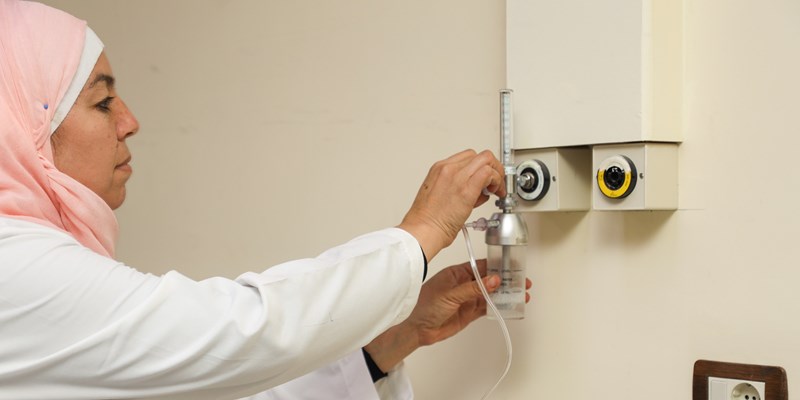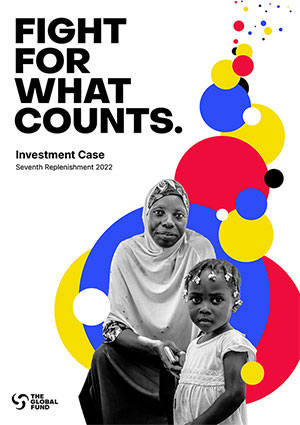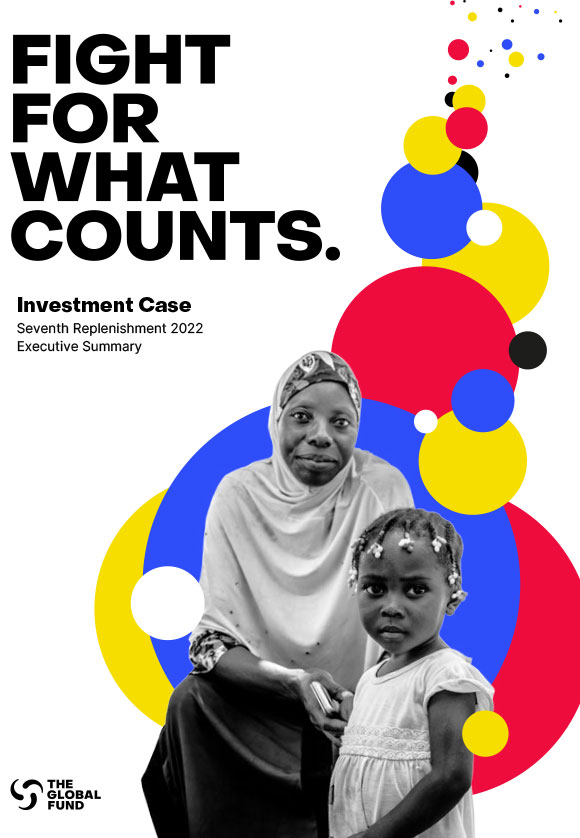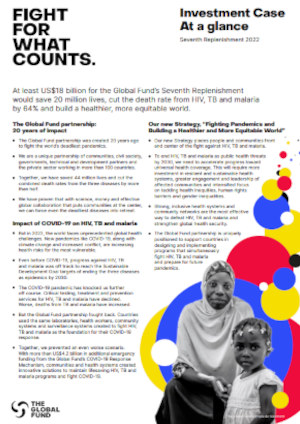Quality assurance is ensuring health products – everything from medication to X-ray machines – purchased and used by Global Fund-supported programs are safe, effective, of good quality and available to the patient.
Quality assurance at the Global Fund includes a framework of processes, standards and requirements that apply to products as well as practices.
For supply chain management, this means ensuring that:
- The source and quality of the raw materials entering into the finished product meet accepted quality standards
- Manufacturing processes are in line with international quality standards
- Quality control measures are in place and adequate
- Appropriate regulatory approvals and marketing authorizations are in place
- Procurement and logistics systems maintain the quality of the products and support access and availability
- Information is provided in timely fashion to patients and health care professionals
- The management of end-of-life of health care products considers environmental concerns
Key stakeholders in quality assurance include:
- Manufacturers
- National regulatory authorities
- Quality control laboratories
- Pharmacovigilance or other vigilance centers
- National procurement systems
- International agencies
- Health care providers
Requirements
The Global Fund maintains quality assurance policies for pharmaceutical products, for diagnostic products and for other health products:
- Quality Assurance Policy for Pharmaceutical Products
download in English | Español | Français - Quality Assurance Policy for Medical Devices (including In Vitro Diagnostics) and Core Personal Protective Equipment
download in English | Español | Français
In alignment with these policies, Principal Recipients must ensure that all health products are procured in accordance with the principles set out in the Model Quality Assurance System for Procurement Agencies interagency guidelines, available below for download.
All health products procured with Global Fund funds must comply with national regulations and, where applicable, be authorized by the national regulatory authority in the country in which they are used, following its standard practices for registration (or other forms of authorization, such as import authorizations).
In using health products, Principal Recipients are also expected to support the development of a vigilance system – the detection, assessment and prevention of adverse effects, adverse events or poor performance of health products. Good Vigilance Practices is of critical importance, as it contributes to the continuous assessment of the risks and benefits in particular when deploying new health products for large-scale use.
In addition to following these policies, Principal Recipients must ensure that they satisfy additional requirements as stated in the lasted updated version of the Procurement and Supply Management Guide. More guidance is provided via Global Fund QA operation guidelines developed to support Principal Recipients implementation.







